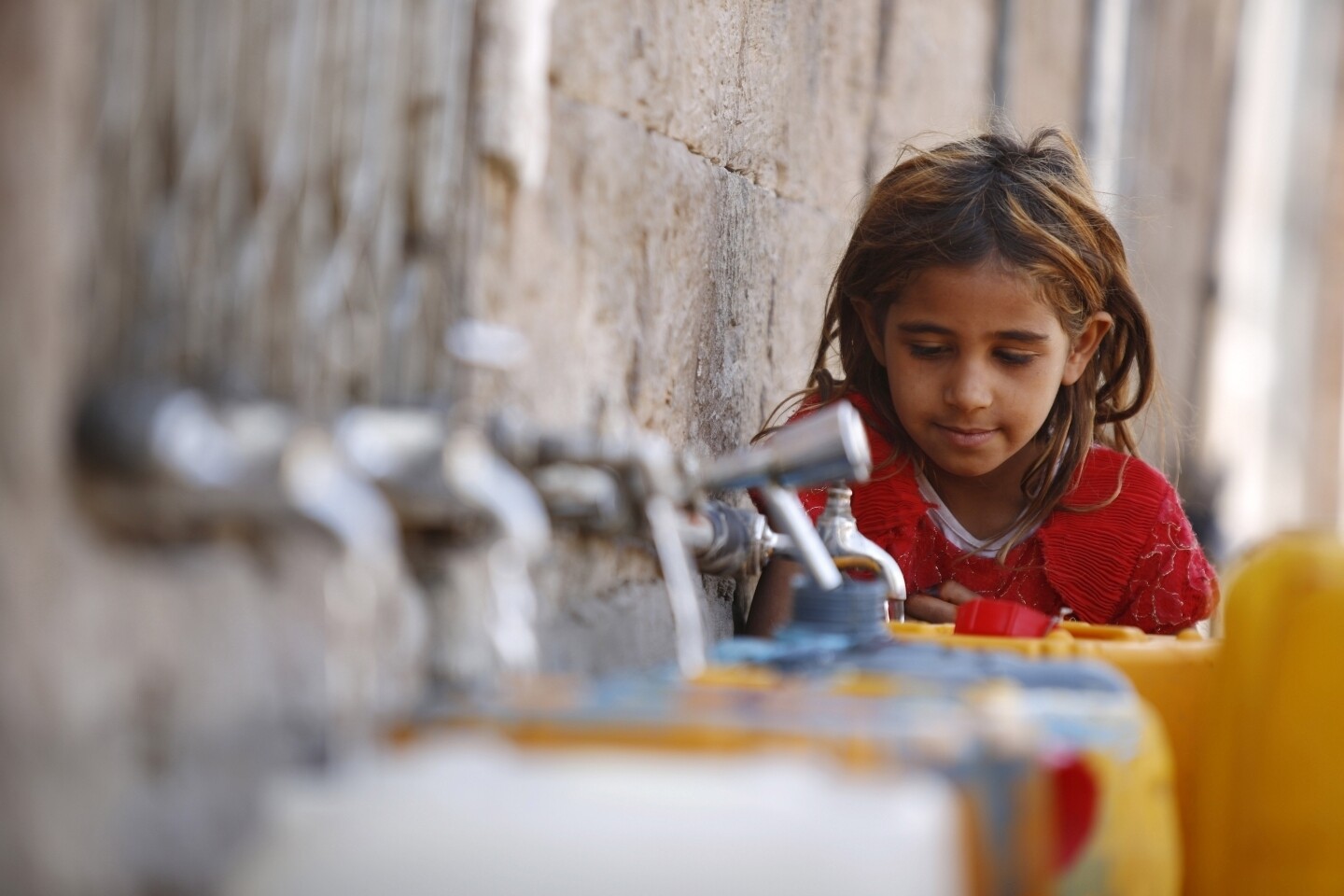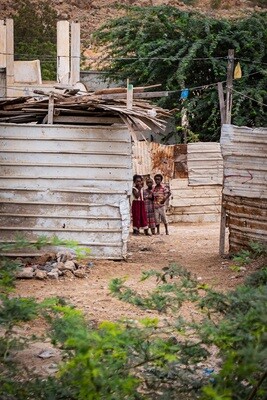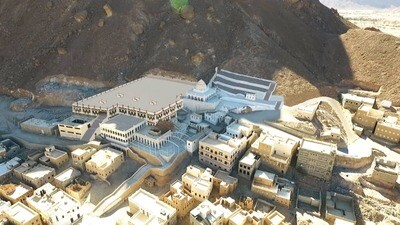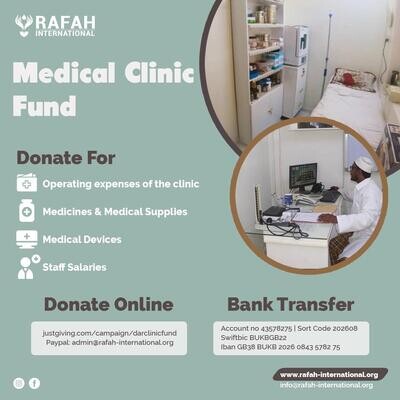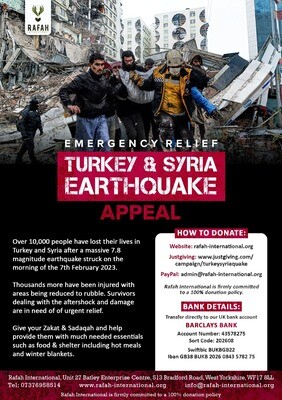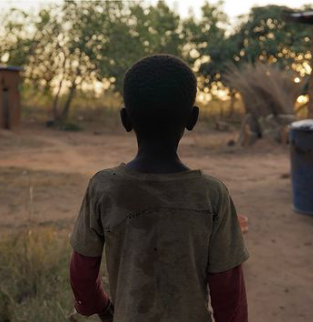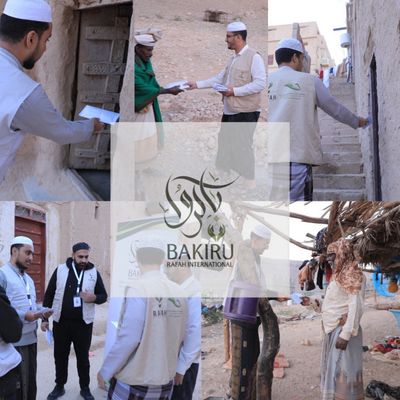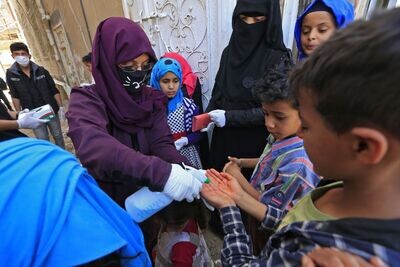Fitrana (Zakāt ul Fitr)
Zakāt al-Fiṭr is a seasonal zakāt that is associated with Eid al-Fiṭr, the celebration marking the end of the holy month of Ramadan. The wisdom behind zakāt al-fiṭr is to make sure that the poor and needy have sufficient food to be able to participate in the celebration of the festival. As for the payer of the zakāt, it is a means of expiating any deficiencies that may have resulted during one’s fasts during the holy month. Ibn Abbas (may Allah be pleased with him) said:
“The Messenger of Allah (peace and blessings upon Him) stipulated zakāt al-fiṭr in order to purify the fasting person of vain speech and obscenities, as well as providing food for the destitute.”
Who must pay Zakāt al-Fiṭr?
Zakāt al-Fiṭr is payable by any Muslim who owns money in excess of what is required to feed themselves and their dependents on the day of Eid. If they do not own enough to feed themselves and their dependents on the day of Eid, then they are eligible to receive zakāt al-fiṭr.
It is incumbent upon every Muslim and must be paid by whoever it is legally incumbent to provide for. For example, in a nuclear family, the father is responsible to provide for his wife and young children and so it is obligatory for him to pay zakāt al-fitr on behalf of each and every one of them.
Adult children are considered to be independent in the Sacred Law and must pay their own zakāt al-fitr. A father can pay on their behalf if he has their expressed permission.
How much is Zakāt al-Fiṭr?
The Holy Prophet stipulated that one must pay a ṣāʿ of the local staple food one behalf of every person in the household. This corresponds to approximately 2 litres. According to some scholars, it is permissible to pay the monetary equivalent of this amount of food £4.00 per person.
When should Zakāt al-Fiṭr be paid?
Zakāt al-Fiṭr becomes obligatory on the night of Eid i.e. the night before Eid and should be received by the poor and needy before one prays the Eid prayer the following morning. It is sinful to delay it beyond the day of Eid. If one wishes to, one may pay it at any time during Ramadan.
